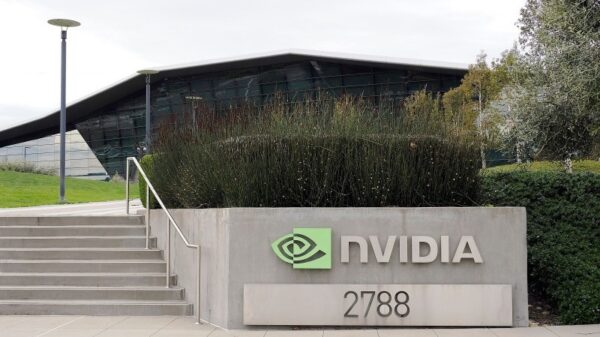Mustafa Suleyman, co-founder of DeepMind and current CEO of Microsoft AI, is no stranger to the evolving landscape of artificial intelligence. As a prominent figure in the AI community, he has consistently expressed an optimistic outlook on the future of this technology. During a recent discussion, he remarked, “there are so many cynics!” in response to those who find AI advancements, especially generative AI, to be “underwhelming.” His lighthearted dismissal hints at the broader skepticism surrounding AI, especially in sectors where its implementation has been met with challenges.
Notably, Suleyman’s background includes the founding of influential AI companies such as DeepMind and Inflection AI, which positions him as a key player in the industry. His website, “The Coming Wave,” also reflects his enthusiasm for the technological advancements AI can bring. Yet, his optimism contrasts sharply with sentiments expressed in various corners of the tech field.
Challenges in AI Game Development
For instance, the gaming industry presents a stark example of the challenges associated with implementing AI technologies. Companies like Electronic Arts have faced criticism for wasting time and resources on AI-driven game development. Meanwhile, developers at Necrosoft Games have expressed their reluctance to embrace generative AI, stating they would prefer to “cut off” their own arms than incorporate it into their workflows. This highlights a significant divide within the gaming community regarding the use of AI.
Moreover, the conversation around AI isn’t just about its potential; it also involves the ethical dilemmas and real-world consequences that arise from its use. Anecdotes of generative AI providing inappropriate content, like an AI chatbot offering sexual advice, underscore the need for responsible AI development. These instances serve as reminders that while AI systems can generate impressive outputs, they are not infallible. For example, a Microsoft Copilot error recently claimed that the Roman Emperor Marcus Aurelius lived until 1943, a clear demonstration of the pitfalls of AI hallucination.
The Broader Conversation
While Suleyman’s perspective offers a buoyant view of AI’s capabilities, it also raises questions about the need for a more nuanced dialogue around its potential and limitations. With AI growing more sophisticated, it can generate text, imagery, and even video content autonomously. However, this does not exempt these systems from errors or ethical considerations. As the industry continues to evolve, stakeholders must find a balance between innovation and accountability.
In light of such debates, it’s essential to consider why figures like Suleyman remain hopeful. Growing up playing games like Snake on a Nokia phone, he perceives AI as a transformative force that can reshape industries and enhance creativity. His belief in AI’s potential as a “universal game-changer” reflects a vision where technology could revolutionize not just specific sectors but the entirety of human experience.
As the AI landscape continues to shift, it remains to be seen how the industry will address the challenges and opportunities that arise. While Suleyman may find amusement in the skepticism surrounding AI, the reality is that the conversation is far from simplistic. The interplay between enthusiasm and caution will shape the future of AI as it becomes increasingly integrated into our lives.
Thus, as we navigate the complexities of AI, from its applications in gaming to ethical concerns, it’s vital for industry leaders and developers to engage in constructive discussions that consider both the potential benefits and the inherent risks of these technologies.
See also AMD Surges 99% in 2025, Outpacing Nvidia and Broadcom in AI Chip Market
AMD Surges 99% in 2025, Outpacing Nvidia and Broadcom in AI Chip Market Yungblud Sparks Debate on AI’s Impact at Future of Music Event with THR and Frost School
Yungblud Sparks Debate on AI’s Impact at Future of Music Event with THR and Frost School Disney Partners with Animaj to Cut Animation Production Time by 80% Using AI Tools
Disney Partners with Animaj to Cut Animation Production Time by 80% Using AI Tools Stanley Druckenmiller Acquires Amazon, Meta, and Alphabet; Evaluates AI Growth Potential
Stanley Druckenmiller Acquires Amazon, Meta, and Alphabet; Evaluates AI Growth Potential




































































